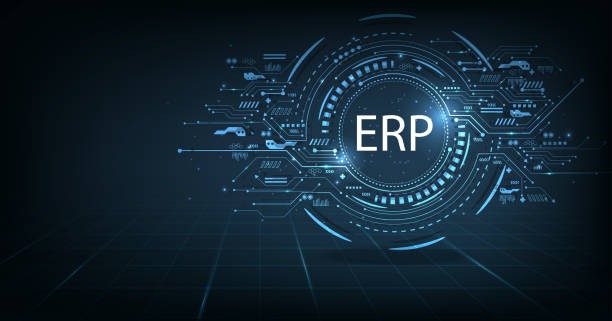Leveraging ERP Systems in E-Commerce for Enhanced Efficiency
This article explores the integration of ERP (Enterprise Resource Planning) systems within the e-commerce landscape, highlighting how businesses can enhance operational efficiency, streamline processes, and improve customer experience through advanced technology solutions.
9/20/20242 min read


In today's digital age, e-commerce businesses are rapidly evolving, driven by the need for efficiency and customer satisfaction. With the growing complexity of operations, many companies are turning to ERP (Enterprise Resource Planning) systems as a strategic solution. This article delves into how ERP systems can elevate the e-commerce experience and drive business success.
Understanding ERP Systems
ERP systems are comprehensive software platforms designed to manage and integrate a company's core processes. These systems allow for real-time data analysis, streamlined workflows, and improved collaboration across various departments, from sales and inventory management to finance and human resources.
The E-Commerce Paradigm Shift
E-commerce has transformed traditional retail, enabling companies to reach a global audience with minimal overhead. However, this growth brings challenges, including managing inventory, processing orders efficiently, and providing exceptional customer service. The integration of ERP systems into e-commerce provides a solution to these challenges.
Benefits of Integrating ERP with E-Commerce
Centralized Data Management:
ERP systems consolidate data from various sources, providing a single source of truth. This centralization allows e-commerce businesses to access up-to-date information on inventory levels, sales performance, and customer preferences, facilitating informed decision-making.
Automated Inventory Management:
Inventory oversight is crucial for e-commerce success. ERP systems can automate inventory tracking, ensuring that stock levels are optimal and reducing the risk of overstocking or stockouts. This automation leads to improved operational efficiency and cost savings.
Streamlined Order Processing:
With an integrated ERP system, order processing becomes seamless. Orders can be automatically fulfilled, and inventory levels adjusted in real-time, resulting in faster delivery times and enhanced customer satisfaction.
Enhanced Customer Experience:
ERP systems enable e-commerce businesses to personalize customer interactions by analyzing purchasing behavior and preferences. This data can inform targeted marketing campaigns, loyalty programs, and customer support, ultimately enhancing the overall customer experience.
Robust Financial Management:
An ERP system integrates financial data, allowing for accurate financial reporting, budgeting, and forecasting. This capability is essential for e-commerce businesses to track profitability and manage cash flow effectively.
Conclusion
As e-commerce continues to expand, the integration of ERP systems will play a pivotal role in driving efficiency and enhancing customer experience. By centralizing data, automating processes, and ensuring accurate financial oversight, businesses can position themselves for success in a competitive market. The future of e-commerce lies in the seamless combination of innovative technology and strategic operations, and ERP systems are key to unlocking that potential.
Solutions
Innovative IT solutions for business growth and efficiency.
Support
Contact
info@megatrident.com
© 2025. All rights reserved.
